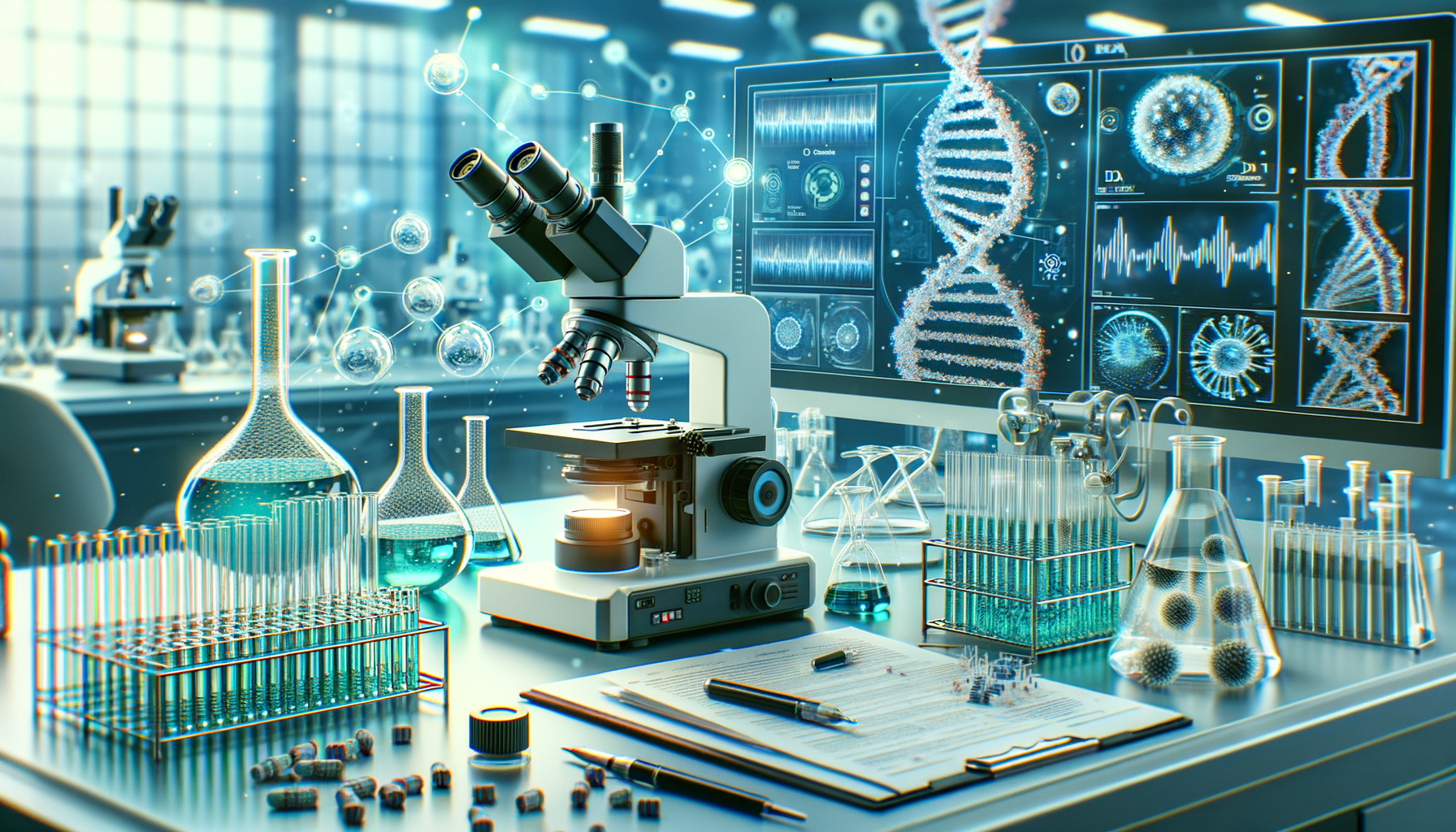Introduction to DNA Testing Careers
DNA testing has revolutionized the fields of medicine and genetics, offering a wealth of opportunities for professionals interested in molecular and genetic science. As the demand for personalized medicine and genetic diagnostics grows, so does the need for skilled individuals who can perform and interpret DNA tests. This burgeoning field not only supports healthcare decisions but also advances our understanding of genetics and hereditary conditions.
Careers in DNA testing often require a strong foundation in biology and chemistry, with additional training in molecular techniques. Professionals in this area work in diverse environments, including hospitals, research institutions, and private laboratories. The roles can range from lab technicians and genetic counselors to molecular biologists and bioinformatics specialists. Each position plays a critical role in the complex process of analyzing genetic material and providing insights that can lead to better health outcomes.
The Role of Lab Technicians in DNA Testing
Lab technicians are the backbone of DNA testing operations, responsible for the hands-on work of extracting and analyzing DNA samples. Their tasks include preparing samples, conducting tests, and maintaining laboratory equipment. They work closely with other scientists and healthcare professionals to ensure accurate and reliable results.
To become a lab technician in the field of DNA testing, individuals typically need an associate’s degree or bachelor’s degree in a related field such as biology or chemistry. In addition to formal education, practical laboratory experience is highly valued. Lab technicians must be detail-oriented and possess strong analytical skills to manage the complexities of genetic testing processes.
Working as a lab technician offers a unique opportunity to contribute to groundbreaking research and healthcare solutions. As technology evolves, lab technicians are required to adapt to new methodologies and tools, making continuous learning a critical aspect of their career development.
Genetic Analysts: Interpreting DNA Data
Genetic analysts play a pivotal role in the DNA testing process by interpreting the data generated from genetic tests. Their expertise is crucial in identifying genetic markers associated with diseases, understanding hereditary patterns, and advising on potential health risks.
These professionals often possess advanced degrees in genetics, molecular biology, or bioinformatics. Their work involves using sophisticated software and statistical tools to analyze complex genetic information. Genetic analysts must have a keen eye for detail and the ability to translate technical data into actionable insights for healthcare providers and patients.
The role of a genetic analyst is dynamic and requires a strong commitment to staying updated with the latest developments in genetic research. As personalized medicine continues to gain traction, the demand for skilled genetic analysts is expected to grow, offering exciting career prospects for those in the field.
Opportunities for Molecular Specialists
Molecular specialists are at the forefront of DNA testing, utilizing cutting-edge techniques to explore the genetic basis of diseases and develop innovative therapeutic strategies. Their work involves conducting experiments, developing new testing methodologies, and contributing to scientific publications.
A career as a molecular specialist typically requires a doctoral degree in molecular biology, genetics, or a related field. These specialists often work in research labs, biotech companies, and academic institutions where they collaborate with other scientists to advance our understanding of genetic disorders.
The role of molecular specialists is continually evolving as new technologies emerge, such as CRISPR and next-generation sequencing. These advancements offer molecular specialists the opportunity to engage in pioneering research that can lead to significant breakthroughs in medical science.
The Future of DNA Testing Careers
The future of DNA testing careers is promising, with rapid advancements in technology and an increasing emphasis on personalized medicine. As the field continues to grow, there will be a heightened need for professionals who can navigate the complexities of genetic data and contribute to the development of new diagnostic and therapeutic approaches.
Emerging technologies such as artificial intelligence and machine learning are set to play a significant role in the future of DNA testing, offering new tools for data analysis and interpretation. Professionals in this field will need to be adaptable and willing to embrace these innovations to remain at the cutting edge of genetic science.
In conclusion, DNA testing offers a wide array of career opportunities for those interested in molecular and genetic science. Whether working as a lab technician, genetic analyst, or molecular specialist, individuals in this field have the chance to make a meaningful impact on healthcare and scientific research. As technology continues to advance, the potential for growth and innovation in DNA testing careers is virtually limitless.



Leave a Reply